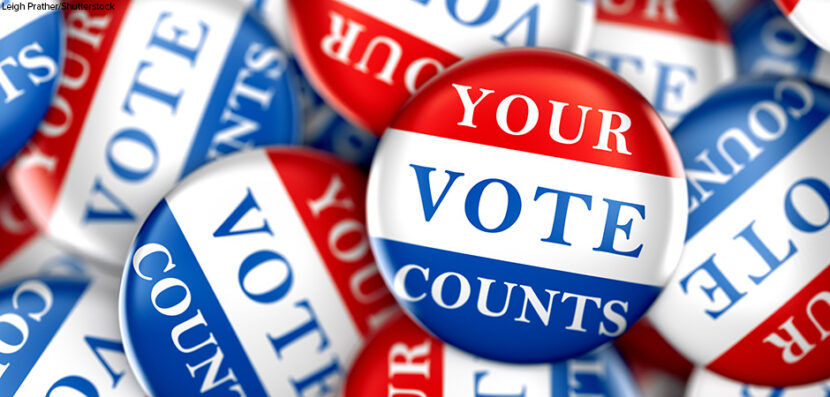Restoring Voting Rights for Felons
In the United States, states have different laws concerning voting rights for individuals with felony convictions. Some states that do not permit felons to vote are now considering legislation that restores voting rights for former felons immediately upon release from prison. Other states are looking at tightening restrictions to make it more difficult for former felons to vote. Here, Election Central takes a closer look at these developments.
Where Things Stand
Currently, the approach that states take to voting rights for felons varies widely. In Maine, Vermont, and Washington, D.C., felons never lose their right to vote, not even while they are in prison. In twenty-two states, individuals receive their voting rights back automatically once they are released from prison. In fifteen states, felons must wait until they are released from prison and complete all parole and/or probation. And in eleven states, felons lose their voting rights indefinitely.
Some States Try to Loosen Restrictions
This year alone, almost seventy bills have been introduced to restore voting rights to former felons. Currently in Minnesota, former felons are not allowed to vote until they complete their entire sentence, parole, and probation. But new legislation awaiting the governor’s signature would restore voting rights as soon as a person leaves prison. If Governor Tim Walz signs the new law, more than fifty thousand people will regain their right to vote.
Currently in Nebraska, if someone is convicted of a felony, they must complete their sentence and then wait two years before they are eligible to vote again. But new legislation would eliminate this waiting period and immediately restore voting rights to about twenty thousand people. Meanwhile, new legislation under consideration in Oregon and Illinois would make it so that felons never lose their right to vote, even while in prison.
Other States Want to Tighten Restrictions
Some states, however, are debating new legislation that would make it more difficult for former felons to vote. In Indiana, new legislation would have someone convicted of a crime lose their right to vote for ten years, even if they were never actually incarcerated.
Florida requires former felons to complete their entire sentence, including parole and probation, in order to regain the right to vote. But the state never developed a system for letting people know when they were eligible to vote again. As a result, an estimated 934,000 people who should have regained their voting rights were still prevented from voting.
Impact on Voting in the United States
In 2022, about 4.6 million people in the United States couldn’t vote because of a past felony conviction. That number represents about two percent of the country’s total voting age population. Furthermore, because people of color are incarcerated at a higher rate than white Americans, laws that limit the voting rights of felons disproportionately impact communities of color.



